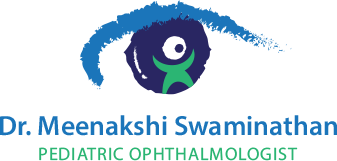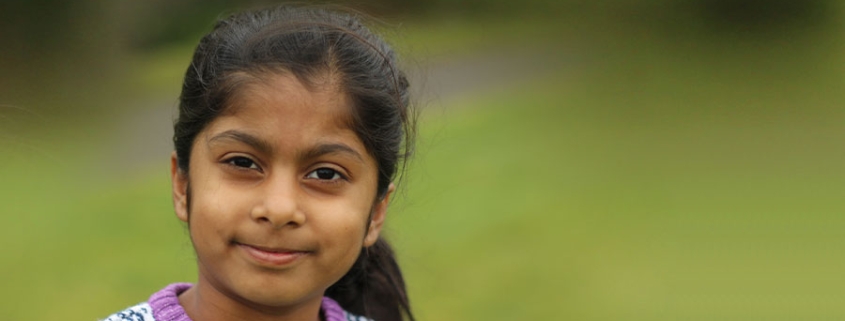When should I rub my eyes?
Spring is definitely a beautiful time of the year, with new leaves and blossoms. Unfortunately for many children it is synonymous with allergy season. Eye allergies or allergic conjunctivitis can be quite troublesome and lead to some unpleasant consequences. Let us take a look at eye allergies.
Most eye allergies have one thing in common-itching. Other common symptoms and signs are watering of eyes, mucoid discharge, reddish discoloration and sometimes bumpy lesions of the conjunctiva.
There are some allergy subtypes. Hay fever conjunctivitis occurs mostly during spring time when the pollen count tends to be high. Children with this type of allergy often also have bouts of sneezing or wheezing along with itching and redness of the eyes.
Atopic conjunctivitis tends to occur along with atopic skin lesions. Symptoms are similar to the above.
Vernal conjunctivitis can lead to serious complications that needs specialist care. Often the condition burns itself out after many months to years. Until then it is best to take the advice of a specialist who can approach the condition systematically.
Vernal conjunctivitis which also tends to worsen during spring time and hot weather, may be present throughout the year, with quiet times and times when it flares up. It is also known by its old name ‘spring catarrh’. Children not only rub their eyes, but also may roll their eyes instead of rubbing. Eyes may also appear dry and lack-lustre. When this goes on for years the white portion of the eye may turn brown, referred to as muddy conjunctiva. White little spots may be seen along the limbus (the junction of the clear cornea and conjunctiva) which are a collection of eosinophils in response to the allergen.
The nature of the allergy causing substance is not known in most patients. It may range from dust from external sources, house dust and dust mites, pollen, chemicals, paints, cosmetics and so on.
Treatment consists of symptomatic relief with cold compress (not splashing water into the eyes), wearing protection when going out, taking a break from outdoor sports, avoiding visits to parks and gardens during the pollen time.
Specific treatment can be prescribed by the eye specialist. Using over the counter antihistamine eye drops will usually provide only short-term relief with rebound symptoms upon stopping. A low potency steroid may be added to the regimen with a rapid taper in certain specific situations. It is advisable not to self-medicate with steroids as it may lead to severe vision loss.
Vernal conjunctivitis can lead to serious complications that needs specialist care. Often the condition burns itself out after many months to years. Until then it is best to take the advice of a specialist who can approach the condition systematically.



